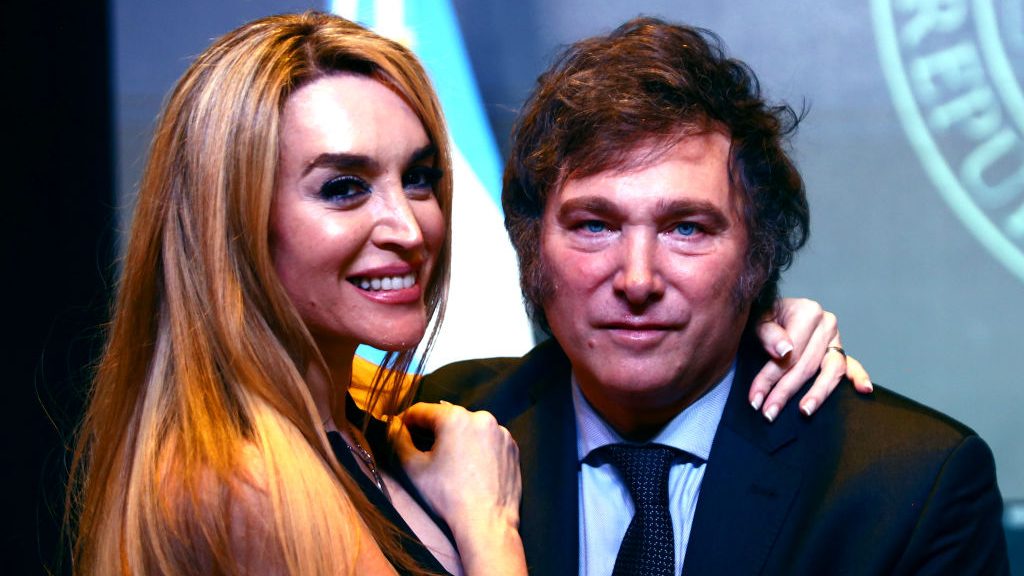I’m not as bad as that guy

Daniel Snyder is mired in another controversy that seemed to have enveloped his tenure as owner of the Washington Commanders. Since Snyder bought the team in 1999, Washington has often found itself in the sports news in a negative light. The Commanders’ franchise has seen little success on the field, but that is far from the worst part.
But Snyder’s tenure has also been bogged down by alleged financial fraud, a hostile work environment with sexual harassment of women, and defending a nickname that had long been branded as racist until the bitter end. Pressure from sponsors and the government forced Snyder to abandon the Redskins nickname following the 2019 season. The recent financial scandal could be the straw that forces the NFL to take the franchise from Snyder.
Even if that does happen, Snyder still doesn’t hold a candle to the villain who originally owned the team, George Preston Marshall. Marshall’s particular brand of bigotry was so vile that his statute was removed from in front of RFK stadium in 2020.
Starting in Boston
Marshall originally founded the Commanders as the Boston Braves in 1932 and the team changed its name to the Redskins in 1933. The team’s final season in Boston would be its most successful, as the team won the East Division before bowing to the Green Bay Packers in the NFL championship game.
Marshall would move the team to Washington due to the lack of attendance in Boston, even after winning the championship game.
A “gentleman’s” agreement
The NFL’s history with African American players is much different than MLB. When Kenny Washington played in the NFL in 1946, he was re-breaking the color barrier. From 1934 to 1946, no black players played in the league because the owners agreed to not sign them. A large driving force behind the agreement was Marshall.
Ultimately, all of the owners at the timeshare blame for this happening, but Marshall’s behavior beyond 1946 would show he believed in it the most strongly.
Marshall’s Logic
At that time in the league’s history, Washington was the southern-most team in the NFL. Marshall believed if he signed black players, he would suffer from his fanbase. At the time, many other college programs refused to integrate despite schools out west and in the north decided to bring in black players.
Never shy about his opinion, Marshall said he would be agreeable to signing black players when the Harlem Globetrotters signed white players.
Enough’s enough
The government decided to step in during the 1960s. Attorney General Robert Kennedy said if Marshall didn’t sign a black player, Washington D.C. would revoke the team’s stadium lease. The issue for Marshall was the stadium was built with government money and was on federal land.
Marshall would have to relent and draft a black player. However, this wouldn’t prove to be so easy.
Thanks, but no thanks
When it came to picking an African American player, Washington would try to grab the talented Ernie Davis in the first round of the 1962 draft with the No. 1 selection. The AFL’s Buffalo Bills also selected Davis fourth overall in their league’s draft. Davis, who was the 1961 Heisman Trophy winner and helped the Orange win the 1959 national championship, refused to play for Washington.
Davis would end up being traded for Bobby Mitchell, who would become the first African American player to play for the Redskins. Unfortunately for Davis, he never got to realize his dream of playing in the NFL with Browns legend and fellow Syracuse graduate Jim Brown.
Davis would be diagnosed with Leukemia and died at the age of 23 in 1963. He never played a down in the NFL.
Mitchell shows what Washington was missing
Mitchell didn’t just play well during his tenure with Washington. In his first two seasons with the franchise, Mitchell led the league in receiving. In 1962, Mitchell was named All-Pro for the only time in his career and led the team with 1,384 receiving yards.
Mitchell would also lead the league in receiving in 1963, compiling a career-high 1,436 yards.
Marshall sells out
Marshall, who was part of the ownership until his death in 1969, sold 25 percent of the team to Jack Kent Cooke in 1960. Marshall was notoriously cheap until the end, not wanting to spend money on travel. During the early times in the league, Marshall would scold owners for paying too much for players and driving up salaries.

“Evil coffee nerd. Analyst. Incurable bacon practitioner. Total twitter fan. Typical food aficionado.”

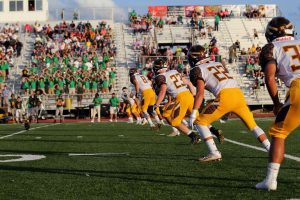
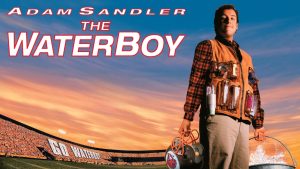

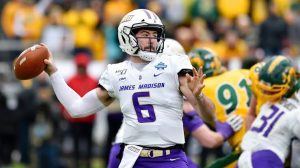
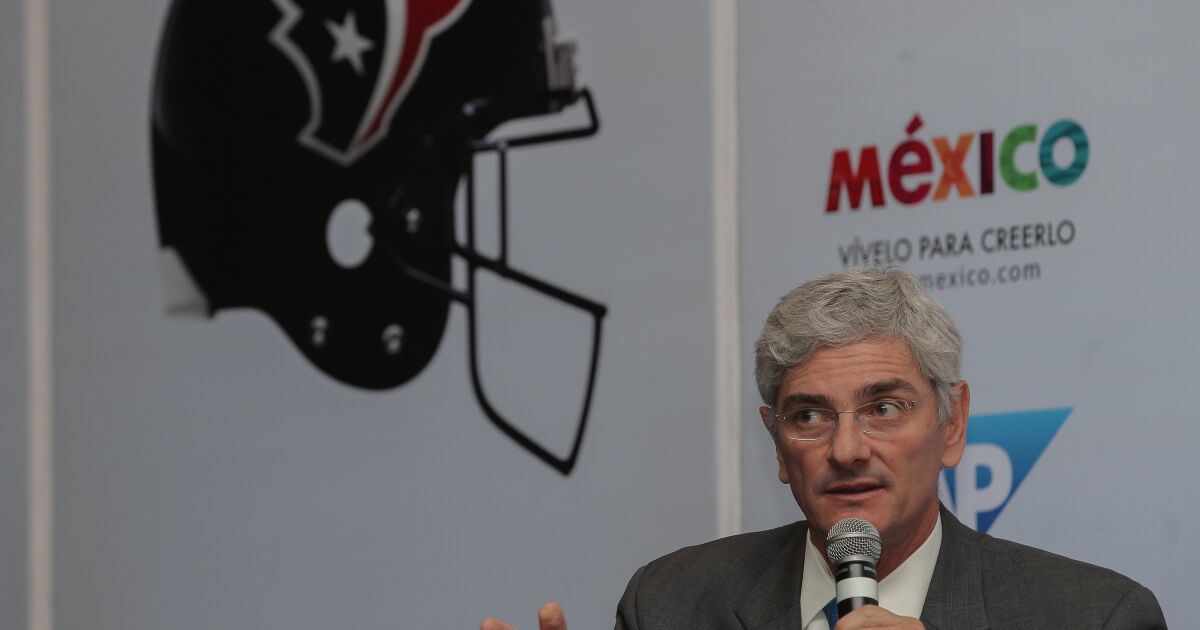
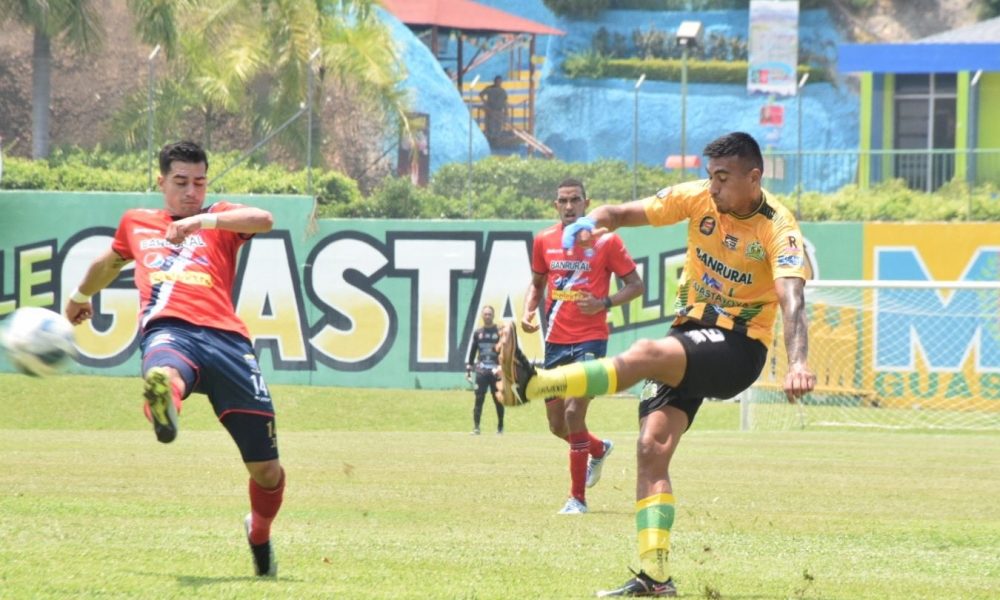
/cloudfront-eu-central-1.images.arcpublishing.com/prisa/X33WQ3GSYFF3DBKJDAVIGHN3DA.jpg)


:quality(75)/cloudfront-us-east-1.images.arcpublishing.com/elcomercio/4RVP2XAGIRGJ5MSXST53STHBKI.jpg)
